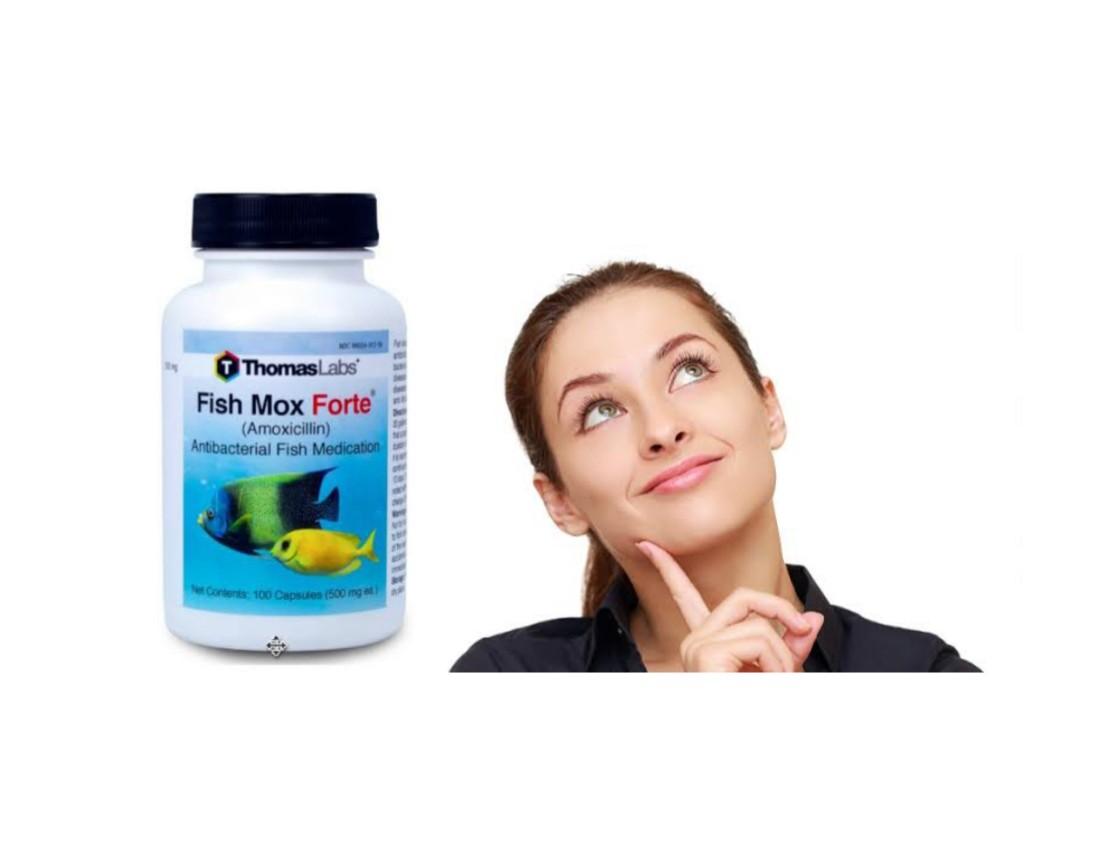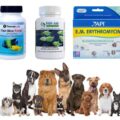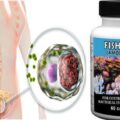Recent studies have shown that veterinarian-prescribed antibiotics or antibiotics intended solely for animal use have become a source for self-medication including among members of the US Armed Forces and some underrepresented ethnic communities. Around 4% of non-prescription antibiotics used were veterinarian-prescribed. Access to these antibiotics intended for animal use appears to be more so driven by OTC availability in street-side businesses (i.e. pet stores) or online marketplaces. In contrast to antibiotics obtained for dogs and cats, the purchase of fish antibiotics in the US does not require pet prescription information, and the products are not FDA-regulated.
Can Humans Take Fish Antibiotics?
Veterinary pharmaceuticals include a wide range of anti-infectives and additives in the use for animal health, nutrition, reproduction, and productivity. Antimicrobials are among the most extensively used drugs in developing countries largely due to the large population of livestock and the burden of infectious diseases. The introduction of penicillin in 1943 and other antibiotics thereafter provided remedies for many infections in humans and animals, reducing mortality and productivity losses. Since then, a repertoire of antibiotics and antimicrobials has been introduced as chemotherapeutics and/or prophylaxis. This success notwithstanding, many pathogens of consequences are no longer susceptible owing to the emergence of antimicrobial-resistant (AMR) microorganisms. This has made the treatment of infectious diseases less effective.
This issue of resistance has now been further complicated by the findings of this new research which investigated the broad range of this potential misuse by conducting a comprehensive review of the online fish antibiotic market, along with all customer reviews and comments available on websites that sell fish antibiotics in the United States.
The FDA says that it does not have any data on how prevalent the fish antibiotics problem is. “We are currently looking into these products,” representatives wrote in a statement. “FDA considers taking action based on its resources, the risk the product poses, and its public health priorities.”
Lacking the stamp of FDA approval, fish meds instead often sport claim that they are pharmaceutical or “USP grade,” a supposed quality benchmark set by an independent non-profit called the United States Pharmacopeia. The USP, however, is not a regulatory agency. Though it tests a small number of supplements through its “USP verified” program, it does not otherwise measure the purity or content of drugs for their purported contents. An article on the FDA website states that; Although it’s true that people and many animals are sometimes given the same antibiotic, they shouldn’t be shared or substituted between species.
You may find an antibiotic on a pet store shelf, or an online pet store, with the same name as a drug prescribed for you or your family. Drugs like ciprofloxacin, amoxicillin, and tetracycline are sold to treat bacterial diseases in fish and are frequently prescribed antibiotics for people.
So, why not skip the trip to the doctor’s office and treat yourself with the amoxicillin at the pet store? It’s the same, right?
Wrong. Animal drugs should not be used to treat people.
The antibiotics available in pet stores, or online, for ornamental fish haven’t been approved, conditionally approved, or indexed by the FDA — in other words, we have not evaluated them for safety and effectiveness — making it illegal to market them.
These unapproved products may not meet the agency’s strict standards for purity and potency. And, we don’t know how the products have been handled and stored because they haven’t been controlled by a veterinarian or pharmacist. They may not be properly manufactured or properly labeled, so don’t substitute them for the products prescribed for you by your health care provider.
FDA is aware that these drugs are being sold to treat fish, and while the agency has heard anecdotal reports of people diverting animal drugs for their own use in the past, the agency does not have data on how prevalent this is. Talk to your doctor about what medications are safe for you, and talk to a veterinarian when your animals are not well.
We share a lot with the animal world, but for our health and the health of the animals, we shouldn’t share drugs. READ: Rohu Fish: Health Benefits and Side Effects





